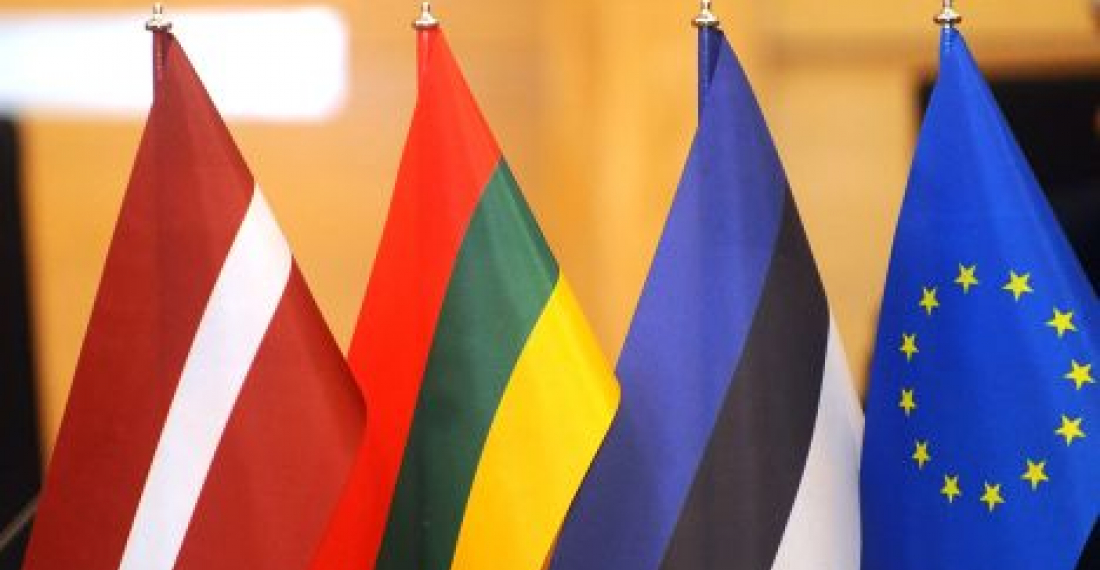The Baltic EU Member States of Lithuania, Latvia and Estonia expelled four Russian diplomats this week as a sign of solidarity with fellow EU Member State, the Czech Republic.
Initially, it was only the Czech Republic and Russia that had a diplomatic conflict. This week, several EU Member States became involved in the diplomatic dispute between the two countries. Also, Neighbouring Slovakia responded by expelling three Russian diplomats on Thursday (22 April).
The diplomatic dispute is related to an explosion a Czech munitions depot in Vrbetice in 2014. The Prime Minister of the Czech Republic Andrej Babiš announced last week that eighteen Russian diplomats must return to Russia because the government has evidence that Russian intelligence officers were involved in the 2014 explosion in Vrbětice, which killed two people. The eighteen diplomats are believed to be members of the Military Intelligence Service, GRU, and the Russian Foreign Intelligence and Security Service. Moscow reacted immediately to the Czech Republic's action on Friday (23 April), imposing a limit on the number of employees of the Czech Embassy in Moscow, forcing dozens of people to leave the country. The Russian Ministry of Foreign Affairs called the Czech Republic's steps "irresponsible and provocative". Furthermore, the Russian Embassy in Estonia lashed out at the government's decision in that country, describing it as "unfriendly and unfounded".
This week, the Czech Republic asked the other EU Member States to join it in expelling Russian diplomats. Lithuanian Foreign Minister Gabrielius Landsbergis announced the reaction of the three Baltic states on Friday. He spoke of an "unprecedented and dangerous incident”. Lithuania is expelling two Russians and the other two Baltic countries, one diplomat each. Neighbouring Slovakia was among the first to respond, expelling three Russian diplomats on Thursday (22 April).
In addition to concrete reactions from Eastern EU Member States, German Chancellor Angela Merkel also declared solidarity with Prague in a telephone conversation with Czech Prime Minister Andrej Babiš on Thursday but announced no measures towards Russia. The EU and NATO have also expressed solidarity.







